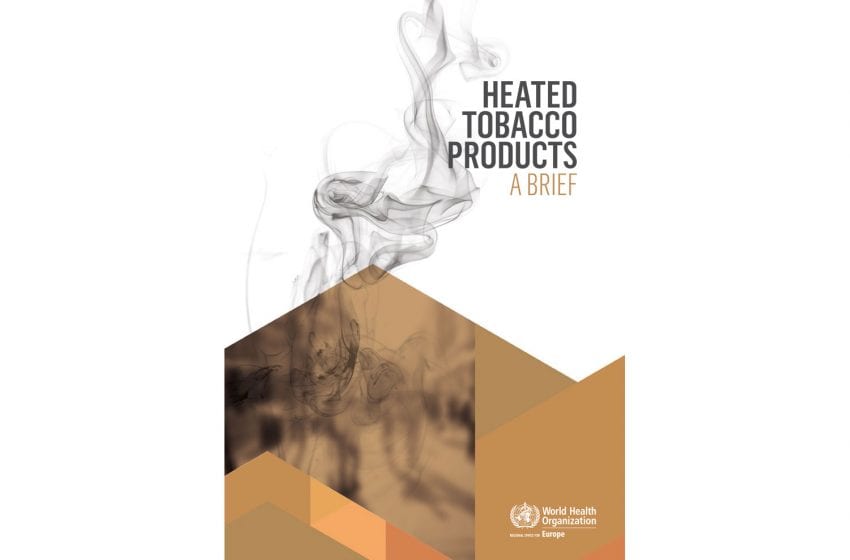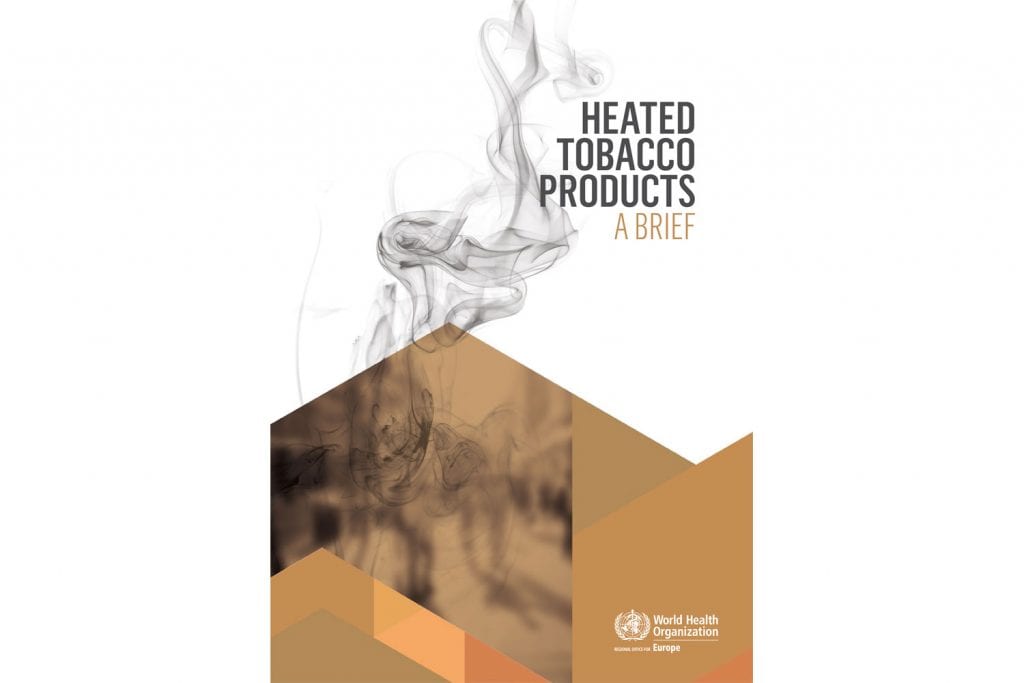
While the use of e-cigarettes is increasing, vaping is less likely to lead to a long-term habit than smoking, according to a group of 10 interrelated papers prepared for the ongoing Population Assessment of Tobacco and Health (PATH) study.
“The most surprising finding was that while we know cigarette smoking is persistent, and we see use of electronic cigarettes, or e-cigarettes, increasing, especially among young people, what we are not seeing is that e-cigarette use is anywhere near as persistent as cigarette smoking,” says Andrew Hyland, chair of health behavior at Roswell Park and scientific lead on the PATH study.
“Cigarette smokers tend to stay cigarette smokers over time, but e-cigarette users are more likely to discontinue their use over time compared with cigarette smokers. We don’t know why that is.”
Hyland speculates that cigarettes deliver nicotine more effectively than e-cigarettes. Studies have shown that the types of e-cigarettes used during the data-collection period from 2013 to 2016 didn’t deliver nicotine as efficiently as cigarettes.
The study also found that e-cigarette use is associated with attempting to quit smoking. E-cigarette users were 20 percent more likely to try quitting cigarette smoking than adult smokers who did not use e-cigarettes.

















